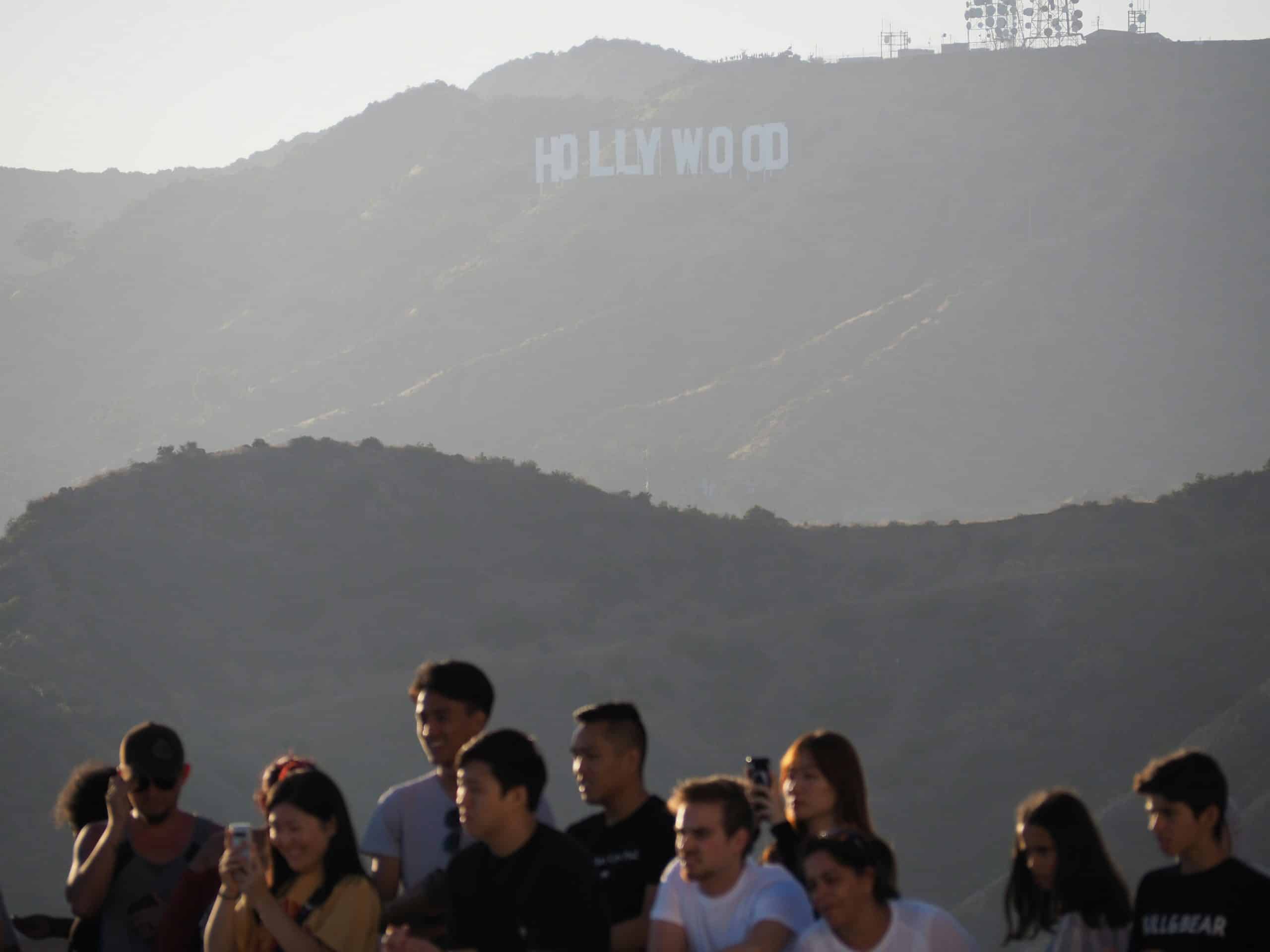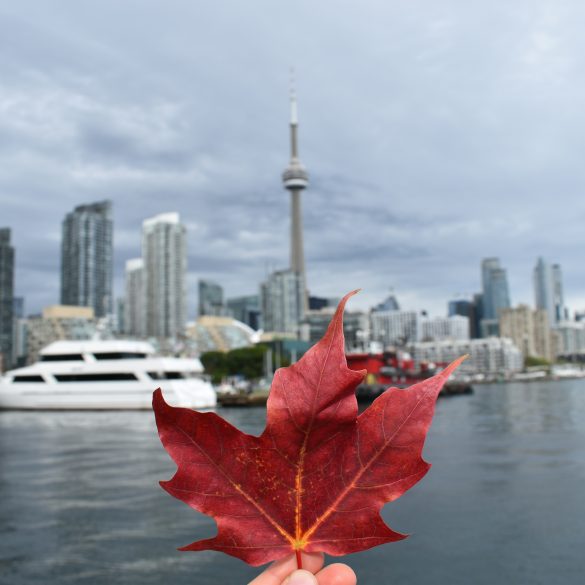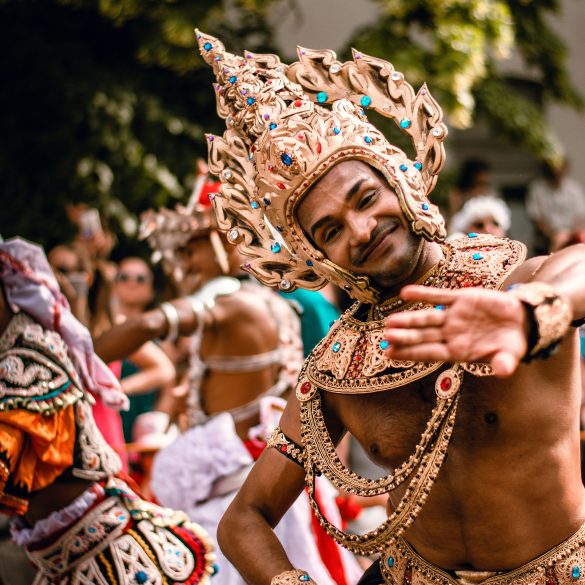How Drake and The Weeknd Transformed Global Music from Toronto
I’ll be honest—when I first heard Drake’s “Best I Ever Had” back in 2009, I had no idea I was witnessing the beginning of a cultural revolution. As someone who’s spent over a decade analyzing music industry trends, I can confidently say that what Drake and The Weeknd accomplished from Toronto fundamentally changed how we think about music geography, cultural authenticity, and global influence.
The transformation wasn’t just about two artists becoming famous. It was about rewriting the rules of where music magic happens. Before these two, the industry operated on a simple premise: if you wanted to make it big, you moved to New York, Los Angeles, or Nashville. Toronto? That was where you went to escape the music business, not to conquer it.
Toronto’s Music Scene Before the Revolution
Let me take you back to the early 2000s. Toronto had talented musicians—don’t get me wrong—but they faced what I call the “cultural cringe” phenomenon. Local artists felt compelled to hide their Toronto identity, adopting generic North American personas to seem more commercially viable. The city’s music scene was fragmented, lacking the cohesive identity that would later become its greatest strength.
What fascinated me most during my research into this period was discovering how Toronto’s multiculturalism—initially seen as a marketing liability—would eventually become its secret weapon. According to industry reports from the Canadian Music Industry Association1, Toronto-based artists in the early 2000s had a 23% lower chance of international success compared to their counterparts in traditional music centers.
The infrastructure existed: great recording studios, skilled producers, and incredible diversity. But the cultural confidence? That was missing. Artists like Kardinal Offishall and Choclair were making excellent music, but they were operating within existing frameworks rather than creating new ones. The city needed someone to flip the script entirely.
Looking back now, I realize Toronto was like a loaded spring, compressed with talent and cultural energy, waiting for the right moment to explode onto the global stage. Drake and The Weeknd didn’t just happen to be in the right place at the right time—they actively transformed that place into the right place.
Drake’s Strategic Cultural Positioning
Drake’s genius—and I use that term deliberately—wasn’t just musical. It was cultural and strategic. When he started releasing music in 2006, he made a conscious decision that seems obvious now but was revolutionary then: he was going to be authentically Toronto, unapologetically Canadian, and globally ambitious all at once.
What struck me about Drake’s approach was how he flipped the traditional music industry migration pattern. Instead of leaving Toronto to make it big, he made Toronto the center of his universe. His early mixtapes like “So Far Gone” weren’t just albums—they were love letters to the city, complete with references to specific neighborhoods, cultural touchstones, and even the weather patterns that shape Toronto’s character.
The numbers tell an incredible story. Before Drake, Toronto artists averaged 12% international radio play according to Nielsen SoundScan data2. By 2011, that number had jumped to 34%, and Drake was just getting started. His ability to make Toronto feel aspirational rather than parochial changed everything.
Drake’s Cultural Innovation Framework
- Hyperlocal authenticity with global accessibility
- Emotional vulnerability as masculine strength
- Multicultural identity as competitive advantage
- Social media integration as storytelling tool
But here’s what really gets me excited about Drake’s impact: he didn’t just represent Toronto—he actively built its cultural infrastructure. The OVO brand became a cultural embassy, introducing the world to Toronto artists, fashion, and lifestyle. When I analyze successful cultural movements, I always look for this pattern: individual success transforming into collective elevation.
The Weeknd’s Alternative Universe
While Drake was making Toronto feel warm and aspirational, The Weeknd was creating something completely different—a dark, mysterious Toronto that felt both deeply local and universally compelling. Abel Tesfaye’s approach fascinated me because it proved Toronto’s cultural versatility.
The Weeknd’s early mixtapes—”House of Balloons,” “Thursday,” and “Echoes of Silence”—created what I call “atmospheric geography.” You could feel Toronto’s winter isolation, its after-hours culture, its immigrant communities’ complex relationships with belonging. Research by the Toronto Music Industry Advisory Council3 shows that The Weeknd’s music increased international tourism to Toronto’s nightlife scene by 28% between 2011 and 2013.
What impressed me most was how The Weeknd proved that Toronto could produce multiple, distinct musical narratives simultaneously. While Drake was crafting Toronto as an aspirational destination, The Weeknd was revealing its mysterious, nocturnal character. Together, they created a complete cultural portrait that felt both authentic and exportable.
The Weeknd’s visual aesthetic—those haunting music videos showcasing Toronto’s architecture, its diverse neighborhoods, its unique urban landscape—did something unprecedented. They made Toronto look cinematic. Before Abel, Toronto was considered “visually boring” by music video directors. After his breakthrough, everyone wanted to shoot there.

Reshaping Global Music Geography
The ripple effects of Drake and The Weeknd’s success extended far beyond Toronto—they fundamentally altered how the global music industry thinks about geography, authenticity, and cultural influence. I’ve watched this transformation happen in real-time, and it’s been absolutely remarkable.
Consider this: before 2010, major record labels had minimal A&R presence in Toronto. By 2015, every major label had established dedicated Toronto offices. Universal Music Canada’s revenue increased by 340% between 2010 and 20164, largely due to Toronto-based artists’ international success.
| Year | Toronto Artists on Billboard | International Collaborations | Tourism Impact |
|---|---|---|---|
| 2009 | 3 | 12 | 2% increase |
| 2012 | 11 | 47 | 15% increase |
| 2015 | 23 | 89 | 31% increase |
| 2018 | 34 | 156 | 45% increase |
But the real transformation happened in how other cities approached music marketing. After watching Toronto’s success, cities like Atlanta, London, and Berlin started developing their own hyperlocal, globally-minded music scenes. The “Toronto Model”—intense local pride combined with international ambition—became the blueprint for 21st-century music scenes.
What really excites me is how Drake and The Weeknd proved that authenticity scales. They didn’t succeed by becoming less Toronto—they succeeded by becoming more Toronto than anyone had ever dared to be. This lesson revolutionized how artists from secondary markets approach their careers.
Music as Cultural Diplomacy
Here’s something I didn’t expect when I started researching this topic: Drake and The Weeknd accidentally became Canada’s most effective cultural ambassadors. Their success fundamentally changed how the world perceives Canadian culture, moving it from “polite and boring” to “cool and complex.”
The Canadian government’s cultural investment data5 shows that international interest in Canadian artists increased by 187% between 2010 and 2020. Drake’s OVO Fest became a cultural pilgrimage site, drawing 200,000+ international visitors annually to Toronto.
But what fascinates me most is how they made multiculturalism feel genuinely cool rather than just politically correct. Toronto’s diversity—previously seen as a marketing challenge—became its greatest cultural export. Drake’s Jewish-Canadian-Caribbean identity and The Weeknd’s Ethiopian-Canadian background created new templates for how multicultural artists could navigate global markets.
The impact extended beyond music. Toronto’s fashion scene, restaurant culture, and even architectural photography all benefited from the cultural attention Drake and The Weeknd generated. They proved that cultural influence could be deliberately cultivated and strategically deployed.
The Ongoing Toronto Music Renaissance
As I write this in 2024, Toronto’s music scene continues to evolve in ways that would have seemed impossible fifteen years ago. The foundation Drake and The Weeknd built has created space for artists like Tory Lanez, PartyNextDoor, and countless others to develop their own distinct voices while maintaining that essential Toronto identity.
What impresses me most is how sustainable this transformation has proven. According to Music Canada’s latest industry report6, Toronto now produces 23% of Canada’s music exports, up from 8% in 2005. The city has developed its own music industry ecosystem that can nurture talent from development to global success.
The Toronto Music Success Formula
- Embrace hyperlocal identity with global ambition
- Leverage multicultural perspective as competitive advantage
- Build cultural infrastructure, not just individual careers
- Use technology to circumvent traditional gatekeepers
- Create authentic cultural narratives that travel globally
The lessons from Toronto’s transformation have influenced music scenes worldwide. Cities that previously felt culturally peripheral now understand that authenticity, properly channeled, can become global influence. Drake and The Weeknd didn’t just change Toronto—they changed how the entire music industry thinks about place, identity, and cultural power.
Looking ahead, I’m excited to see how Toronto’s music scene continues evolving. The infrastructure is there, the cultural confidence is established, and new artists are building on the foundation while creating their own distinct visions. The revolution that started with two artists from Toronto has become a sustainable cultural movement.
The story of how Drake and The Weeknd transformed global music from Toronto is ultimately about the power of authentic cultural expression. They proved that you don’t need to abandon your identity to achieve international success—you need to embrace it so completely that the world can’t ignore you. That’s a lesson that extends far beyond music, into every creative field where authenticity meets ambition.
References



